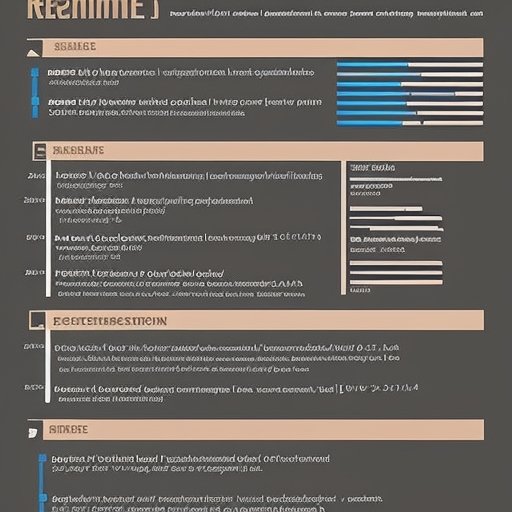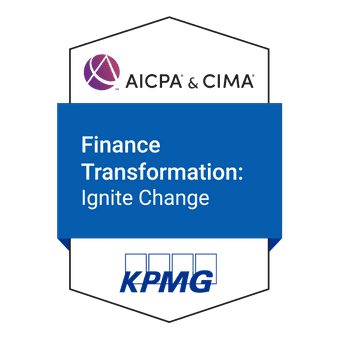Objectives of IFRS : Unlocking Financial Clarity
Objectives of IFRS
The objectives of IFRS aim to unify the diverse landscape of international finance. Spearheaded by the IFRS Foundation and the International Accounting Standards Board (IASB), these standards strive for global harmonization in financial reporting. They prioritize transparency, consistency, and comparability of financial statements across borders, addressing the challenges of differing regulatory standards that hinder global economic integration.
Furthermore, IFRS extends beyond mere alignment of accounting practices. It plays a crucial role in enhancing the integrity and efficiency of the global financial market. IFRS supports informed economic decision-making by ensuring high-quality, understandable, comparable financial information. This, in turn, contributes to the stability and growth of global capital markets, facilitating trust among investors and other stakeholders.
Historical Genesis of IFRS: A Quest for Global Harmonization
The journey towards IFRS began in earnest in 2001, with the IASB taking the helm to develop standards that would facilitate global harmonization of accounting standards.
Before this, the need for comparability in financial statements was a significant barrier for investors looking at opportunities across borders. For example, a survey conducted in the early 2000s highlighted that nearly 40% of investors found discrepancies in accounting standards a significant hurdle in international investment decisions.
What are the Objectives of IFRS
The adoption of International Financial Reporting Standards (IFRS) has been associated with a variety of benefits across different aspects of financial markets and corporate finance, according to several studies: here are the objectives of IFRS along with links to the research.
To Develop a Single Set of High-Quality, Understandable, Enforceable, and Globally Accepted Financial Reporting Standards
- Genesis: The IFRS Foundation was established to address the challenges of globalization in financial markets, aiming to harmonize accounting standards across jurisdictions to improve transparency and comparability.
- Eduyush Insight: The comparability of financial reports has improved following IFRS adoption, which is critical for investors and other stakeholders in making informed economic decisions (Neel, 2017).
To Promote the Use and Rigorous Application of Those Standards
- Genesis: Consistent application ensures that financial statements are comparable across international borders, facilitating global investment and economic growth.
- Eduyush Insight: IFRS adoption is associated with improved market liquidity and a decrease in the cost of equity. These benefits likely arise from enhanced financial reporting comparability, facilitating more informed investment decisions and reducing the risk investors perceive (Opare et al., 2019).
To Bring About Convergence of National Accounting Standards and IFRS to High-Quality Solutions
- Genesis: Before adopting IFRS, companies operating in multiple jurisdictions had to prepare multiple versions of financial statements, leading to inefficiency and confusion.
- Insight: A study indicated that firms adopting IFRS experienced a 3-5% reduction in equity financing costs, showcasing the benefits of convergence. (Kim & Ryu, 2018).
To Provide High-Quality, Transparent, and Comparable Information in Financial Statements
- Genesis: High-quality financial reporting is crucial for investors, creditors, and other stakeholders to make informed economic decisions.
- Insight: FRS adoption has been shown to reduce earnings management, leading to higher quality and more reliable financial reporting, essential for public accountability and informed decision-making (Houqe et al., 2011).
To Assist Participants in the World’s Capital Markets and Other Users in Making Economic Decisions
- Genesis: The global economy relies on accurate and accessible financial information to support investment and credit decisions.
- Insight: The adoption of IFRS has been linked to an increase in cross-border equity investment, suggesting that IFRS facilitates more excellent cross-border investment by reducing information asymmetry and increasing the comparability of financial reports (Lee & Fargher, 2010).
To Promote Public Accountability in Reporting Financial Performance by Entities
- Genesis: In the wake of financial scandals and crises, there was a clear need for standards that enforced accountability and transparency.
- Insight: Following the implementation of IFRS, there was a notable increase in the accountability of reporting entities, as evidenced by improved audit quality and enhanced investor trust.
To Support Economic Efficiency by Helping Investors Identify Opportunities and Risks Across the World
- Genesis: By reducing information asymmetry, IFRS makes it easier for investors to compare opportunities and risks globally, enhancing capital allocation.
- Numerical Insight: Studies suggest that IFRS adoption is associated with increased cross-border investment flows, with countries adopting IFRS seeing a rise in foreign direct investment by up to 20%.
Summing up on Objectives of IFRS
The genesis of IFRS objectives lies in the need for a cohesive, transparent, and comparable financial reporting system that supports global capital markets. The adoption of IFRS facilitates international business operations. It enhances the quality of financial reporting, fostering trust among investors and contributing to global economic stability. The numerical insights underscore IFRS's significant impact on improving financial reporting and efficiency in the global marketplace.
If you would like to learn more on IFRS in depth, enrol with us on our wonderful Diploma in IFRS or the AICPA IFRS certification program
From the blog
View allOther popular blogs
Follow these links to help you prepare for the ACCA exams
Follow these blogs to stay updated on IFRS
Use these formats for day to day operations
- Account closure format
- Insurance claim letter format
- Transfer certification application format
- Resignation acceptance letter format
- School leaving certificate format
- Letter of experience insurance
- Insurance cancellation letter format
- format for Thank you email after an interview
- application for teaching job
- ACCA PER examples
- Leave application for office
- Marketing manager cover letter
- Nursing job cover letter
- Leave letter to class teacher
- leave letter in hindi for fever
- Leave letter for stomach pain
- Leave application in hindi
- Relieving letter format
Link for blogs for various interview questions with answers
- Strategic interview questions
- Accounts payable interview questions
- IFRS interview questions
- CA Articleship interview questions
- AML and KYC interview questions
- Accounts receivable interview questions
- GST interview questions
- ESG Interview questions
- IFRS 17 interview questions
- Concentric Advisors interview questions
- Questions to ask at the end of an interview
- Business Analyst interview questions
- Interview outfits for women
- Why should we hire you question
Popular blogs
Leave application format
Crafting the perfect leave application for any scenario, from personal emergencies to medical leaves, often presents a challenge. To simplify this task, we've assembled an extensive index of leave application formats designed for various circumstances. Our collection is aimed at enhancing the clarity and professionalism of your leave requests. Dive into our index to discover the template that aligns with your specific needs, facilitating a smoother leave application journey.
List of Leave application formats
- Leave application for office
- Leave application for school
- Leave application for sick leave
- Leave application for marriage
- leave application for personal reasons
- Maternity leave application
- Leave application for sister marriage
- Casual leave application
- Leave application for 2 days
- Leave application for urgent work
- Application for sick leave to school
- One day leave application
- Half day leave application
- Leave application for fever
- Privilege leave
- Leave letter to school due to stomach pain
- How to write leave letter










Leave a comment